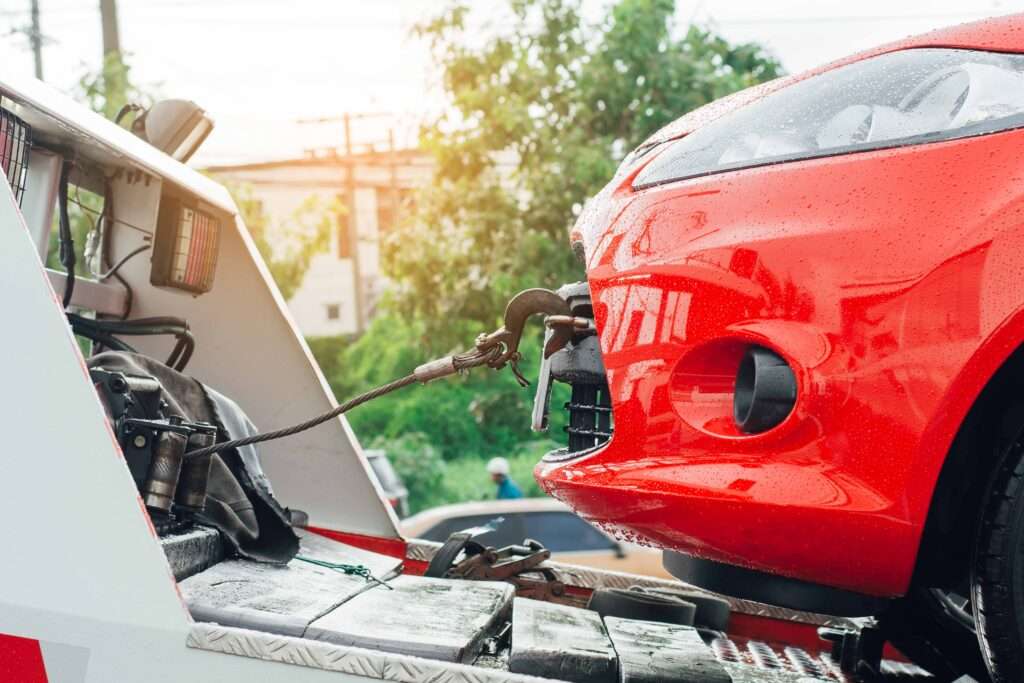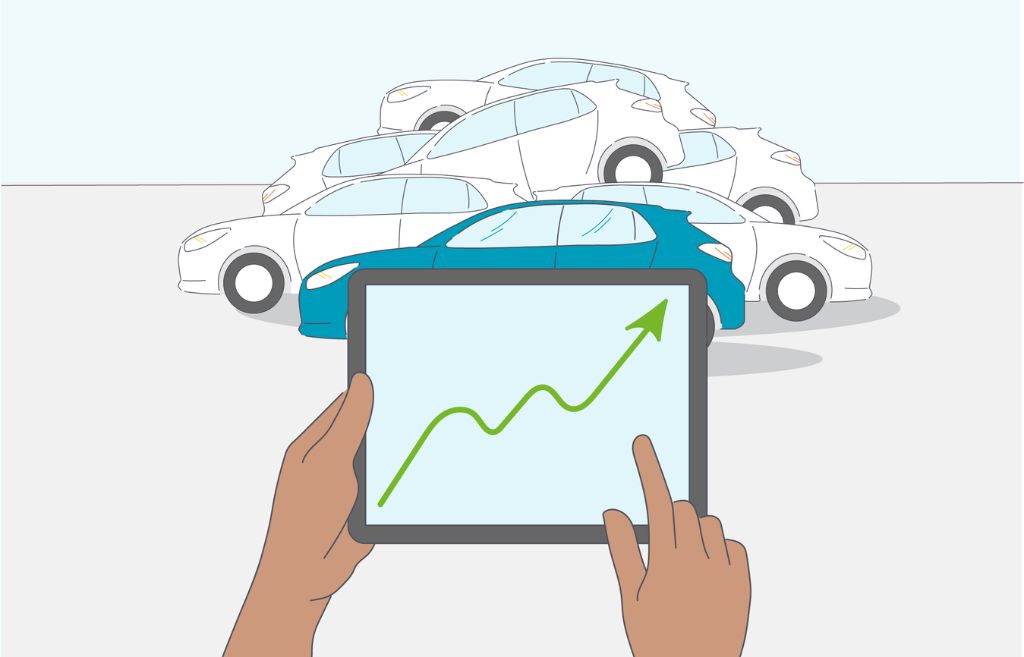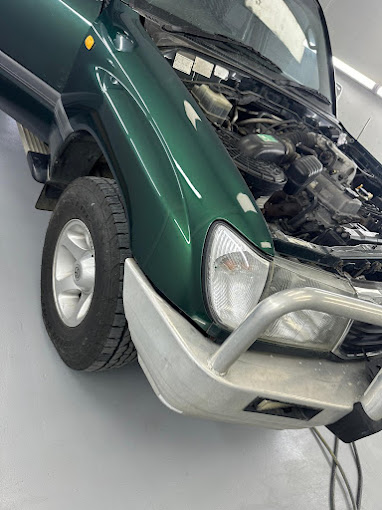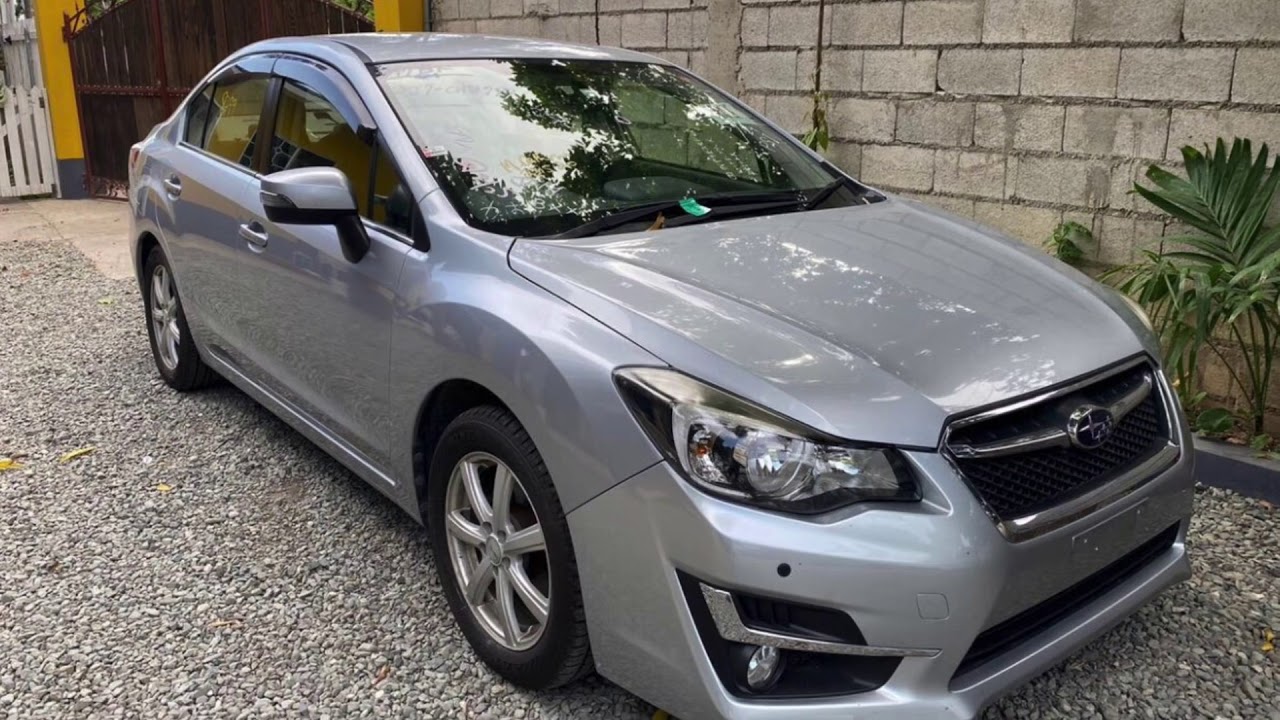As the number of vehicles on the road continues to increase, the issue of what to do with unwanted or end-of-life cars has grown more pressing. Many people may be unaware of the environmental impact that an abandoned or unused vehicle can have over time. These vehicles, if left to decay, release harmful chemicals and pollutants, impacting both soil and water quality. Cash for cars programs offer an effective and sustainable way to dispose of unwanted vehicles responsibly, ensuring they are repurposed or recycled. This blog explores how cash for cars programs work, the environmental and economic benefits they provide, and why this approach is an excellent option for those looking to dispose of old vehicles.
What is Cash for Cars?
Cash for cars is a service offered by many companies that purchase unwanted or end-of-life vehicles from individuals. Instead of letting an old car sit unused or paying for costly repairs, car owners can sell their vehicles to these companies for a fair price. The process typically includes a free vehicle collection service, making it convenient and accessible. Once acquired, these vehicles undergo dismantling and recycling processes to extract any valuable materials.
Cash for cars programs focus on recycling as much of each vehicle as possible. From metals to electronic parts, every component that can be salvaged or reused is carefully handled. By offering car owners a financial incentive, cash for cars programs promote responsible disposal while contributing to a circular economy. These services prevent old vehicles from becoming environmental burdens and help recover valuable materials, supporting both the economy and sustainability efforts.
The Environmental Impact of Abandoned Vehicles
When vehicles are left unused or abandoned, they slowly release toxins and chemicals into the ground as they deteriorate. Fluids like brake oil, engine oil, and coolants can seep into the soil, polluting the surrounding environment. Additionally, certain car parts contain hazardous substances such as lead, mercury, and cadmium, which can be extremely harmful if not properly managed. As these materials break down, they may contaminate groundwater sources, posing serious risks to human and ecological health.
Cash for cars programs provide an effective solution to the problem of end-of-life vehicles by ensuring that they are handled responsibly. Through recycling and proper disposal of hazardous materials, these programs prevent environmental contamination. As an unwanted car buyer, cash for cars services focus on providing a sustainable alternative to simply abandoning or discarding vehicles. Rather than leaving cars to decay and pollute the environment, cash for cars programs channel these materials into recycling processes, allowing them to be repurposed for future use. This not only mitigates environmental risks but also supports resource conservation by reducing the need for new raw materials.
How Cash for Cars Supports Recycling and Resource Conservation
One of the primary benefits of cash for cars programs is their contribution to recycling and resource conservation. Cars contain a variety of valuable materials, including steel, aluminum, and plastics, which can all be reused in manufacturing. Recycling these materials requires significantly less energy compared to extracting and processing new raw materials. For example, recycling steel from old vehicles uses about 60-70% less energy than producing new steel from iron ore. This energy saving directly translates into reduced carbon emissions and a smaller environmental footprint.
Cash for cars programs play a critical role in ensuring that these materials are not wasted. By dismantling vehicles and extracting usable parts, recycling facilities contribute to a sustainable manufacturing cycle. Materials like metals are melted down and reused, while plastics can be transformed into new products. This recycling effort preserves natural resources and reduces the need for energy-intensive mining, making it an environmentally responsible choice.
Economic Benefits of Cash for Cars Programs
In addition to their environmental benefits, cash for cars programs also contribute positively to the economy. By recycling vehicles and repurposing parts, these programs create jobs in dismantling, transportation, and recycling sectors. The industry also supports local businesses that rely on recycled materials, such as metal manufacturers and parts suppliers. These companies benefit from a steady supply of materials, allowing them to produce goods at a reduced cost.
The cash for cars industry also helps car owners save money. For many people, repairing an old car can be expensive and impractical. Cash for cars programs offer a simple way to earn money for a vehicle that may no longer be worth the cost of repairs. This financial return can be especially beneficial for those looking to upgrade to a more reliable or fuel-efficient vehicle. By providing cash for unwanted vehicles, these programs offer both a practical disposal method and a financial benefit for car owners.
How the Cash for Cars Process Works
The cash for cars process is designed to be straightforward and convenient for vehicle owners. Generally, the process begins with a car owner contacting a cash for cars company to request a quote. Many companies offer free evaluations based on the vehicle’s age, condition, and type. Once the price is agreed upon, the company arranges a free pickup, eliminating the need for the owner to transport the vehicle.
After collection, the vehicle is taken to a recycling facility where it undergoes a detailed inspection. Usable parts such as the engine, transmission, and electronics are removed for resale. Hazardous fluids are safely drained, and the remaining materials are sorted and processed for recycling. This ensures that every valuable component is recovered, while any non-recyclable parts are disposed of responsibly. By the end of this process, the car has been effectively recycled, with minimal waste generated.
The Role of Cash for Cars in Promoting Sustainable Transportation
Cash for cars programs not only provide a solution for unwanted vehicles but also play a role in promoting sustainable transportation. By encouraging car owners to responsibly dispose of older, less efficient vehicles, these programs contribute to reducing emissions associated with outdated cars. Many older vehicles lack the fuel efficiency and emission controls of newer models, making them more environmentally taxing. Cash for cars programs provide an incentive to transition away from these inefficient vehicles, supporting a cleaner transportation landscape.
Additionally, the recycling process reduces the demand for new manufacturing materials, which are often produced through environmentally taxing processes. This aligns with efforts to reduce the environmental impact of transportation by focusing on sustainability and resource conservation. Through cash for cars programs, society can move towards a model where vehicles are recycled efficiently, reducing waste and encouraging more sustainable automotive practices.
Conclusion
Cash for cars programs offer an effective, environmentally friendly, and economically beneficial solution for managing unwanted or end-of-life vehicles. By promoting the recycling of car materials and ensuring the responsible disposal of hazardous substances, these programs help reduce environmental pollution and contribute to a circular economy. They offer car owners a convenient and profitable way to dispose of their vehicles, while also providing valuable resources to industries reliant on recycled materials.
As society grows more aware of the need for sustainable practices, the role of cash for cars programs becomes even more essential. Through these services, individuals can contribute to environmental preservation and resource conservation, knowing that their unwanted vehicle will be recycled responsibly. By choosing to participate in cash for cars programs, car owners support a cleaner, greener, and more sustainable future.















